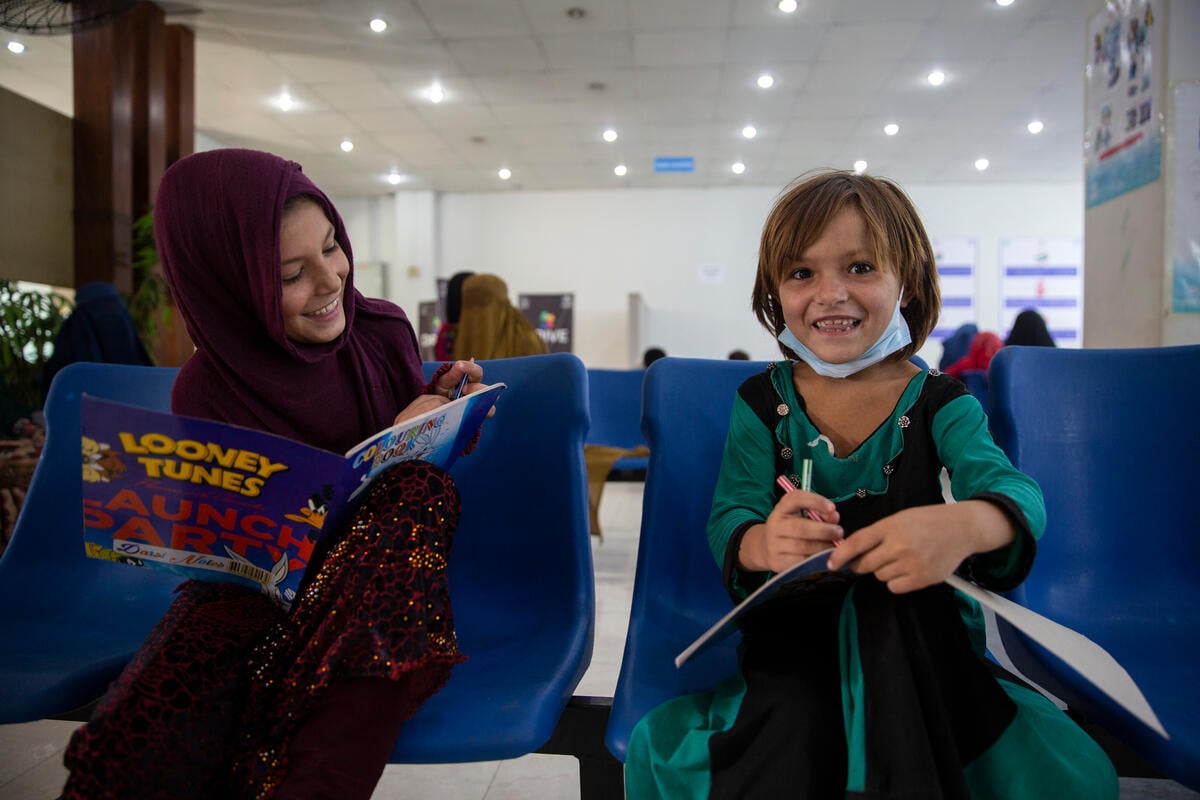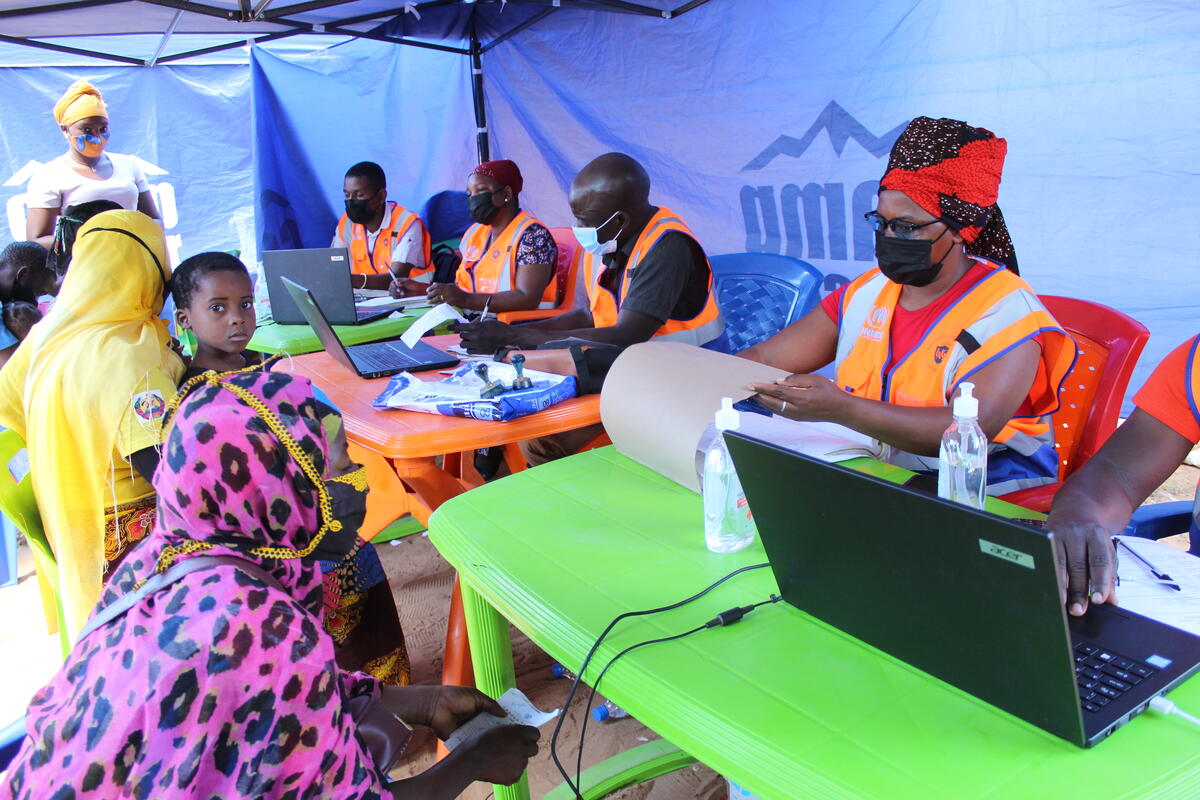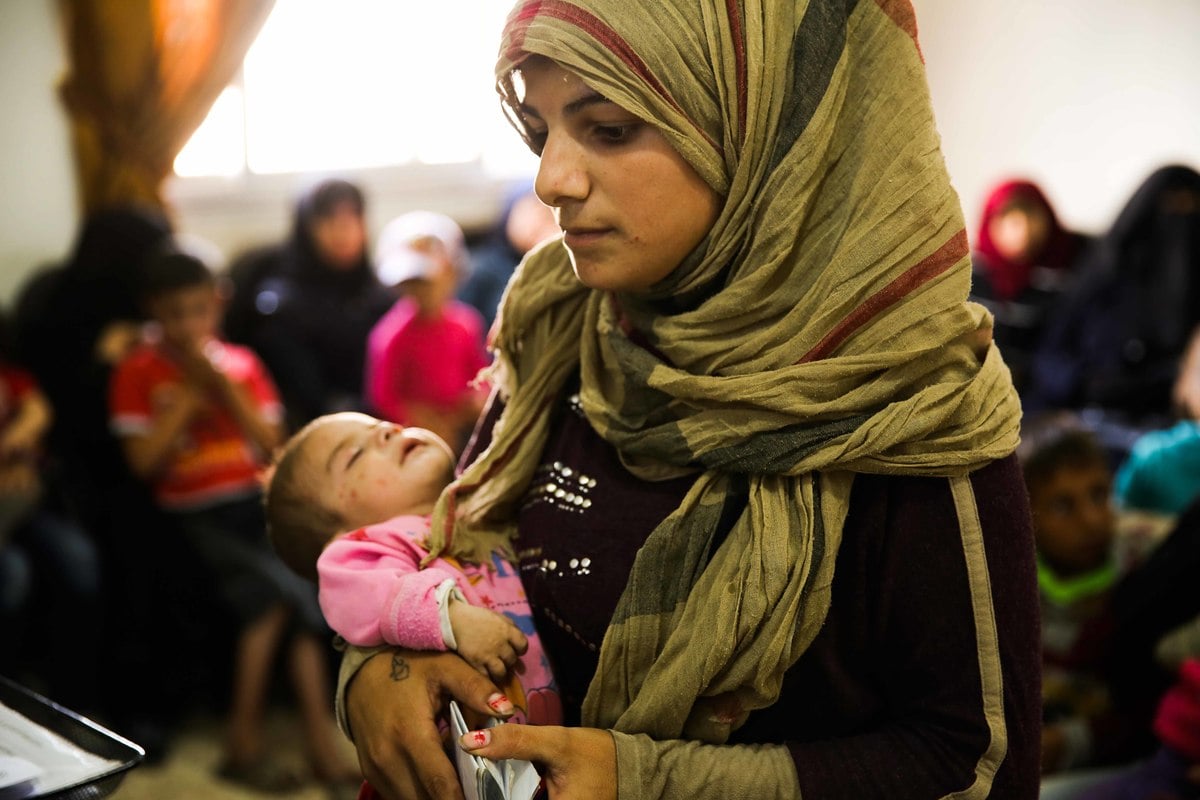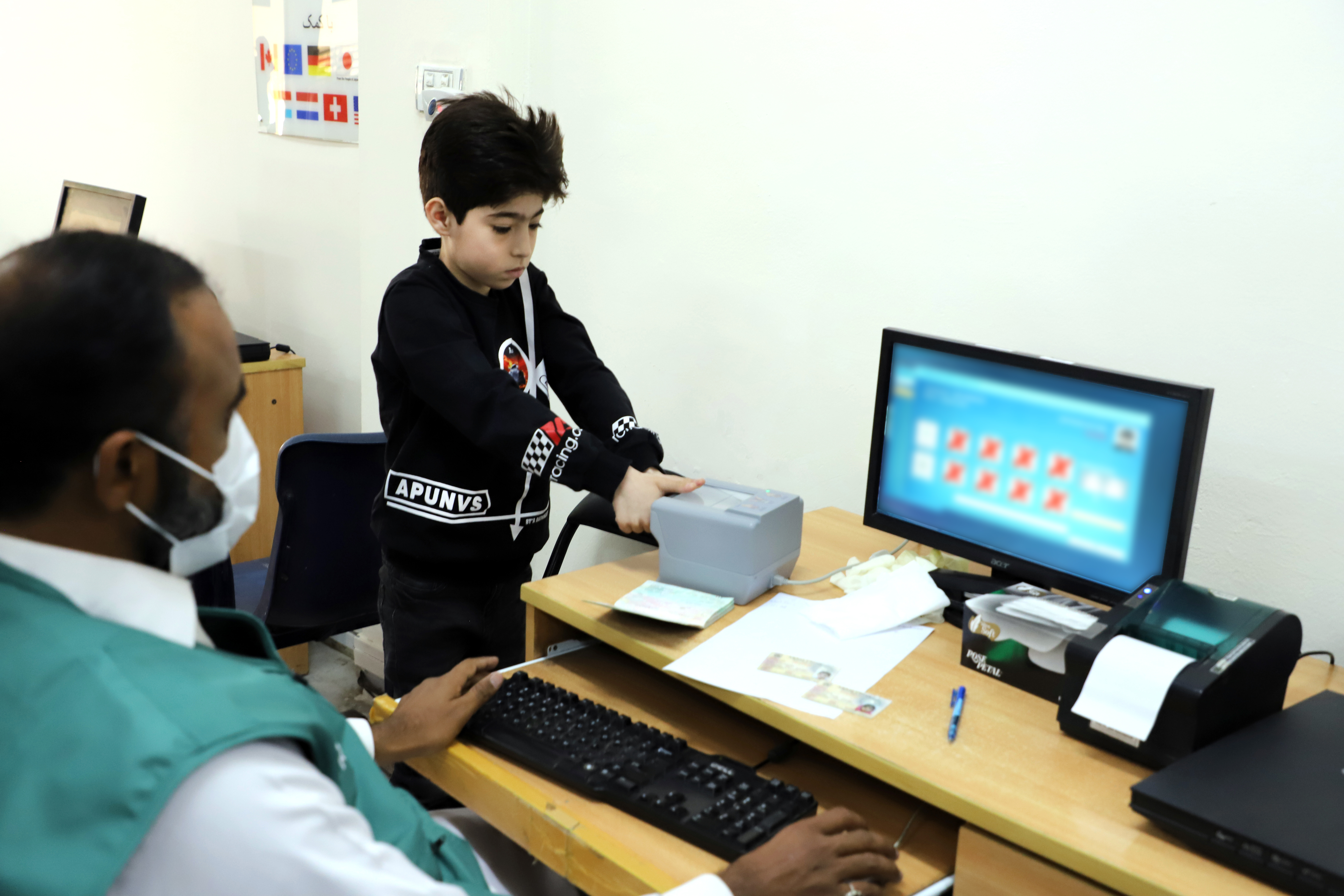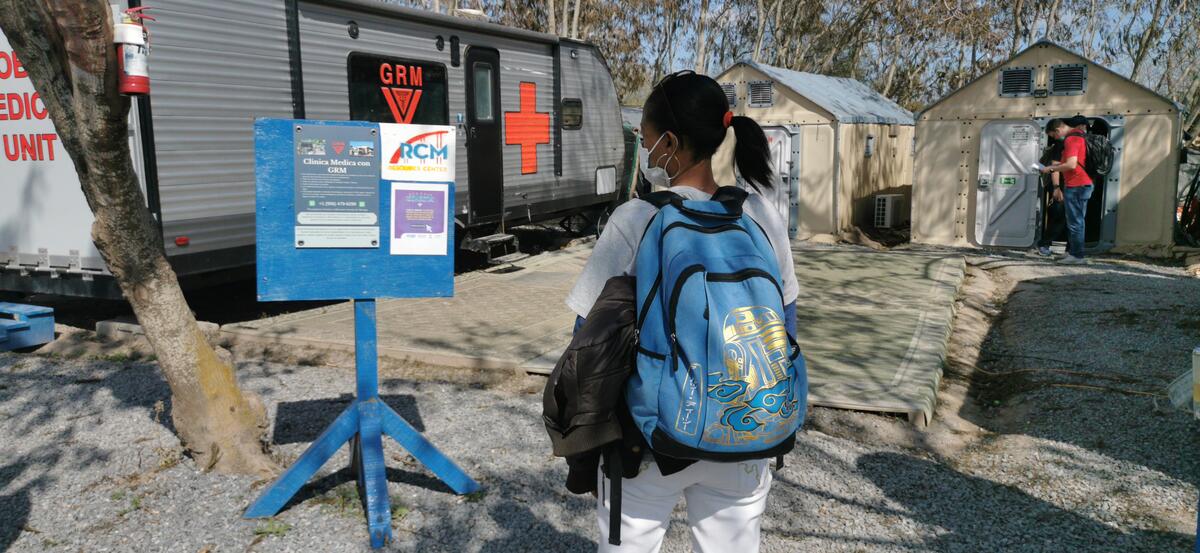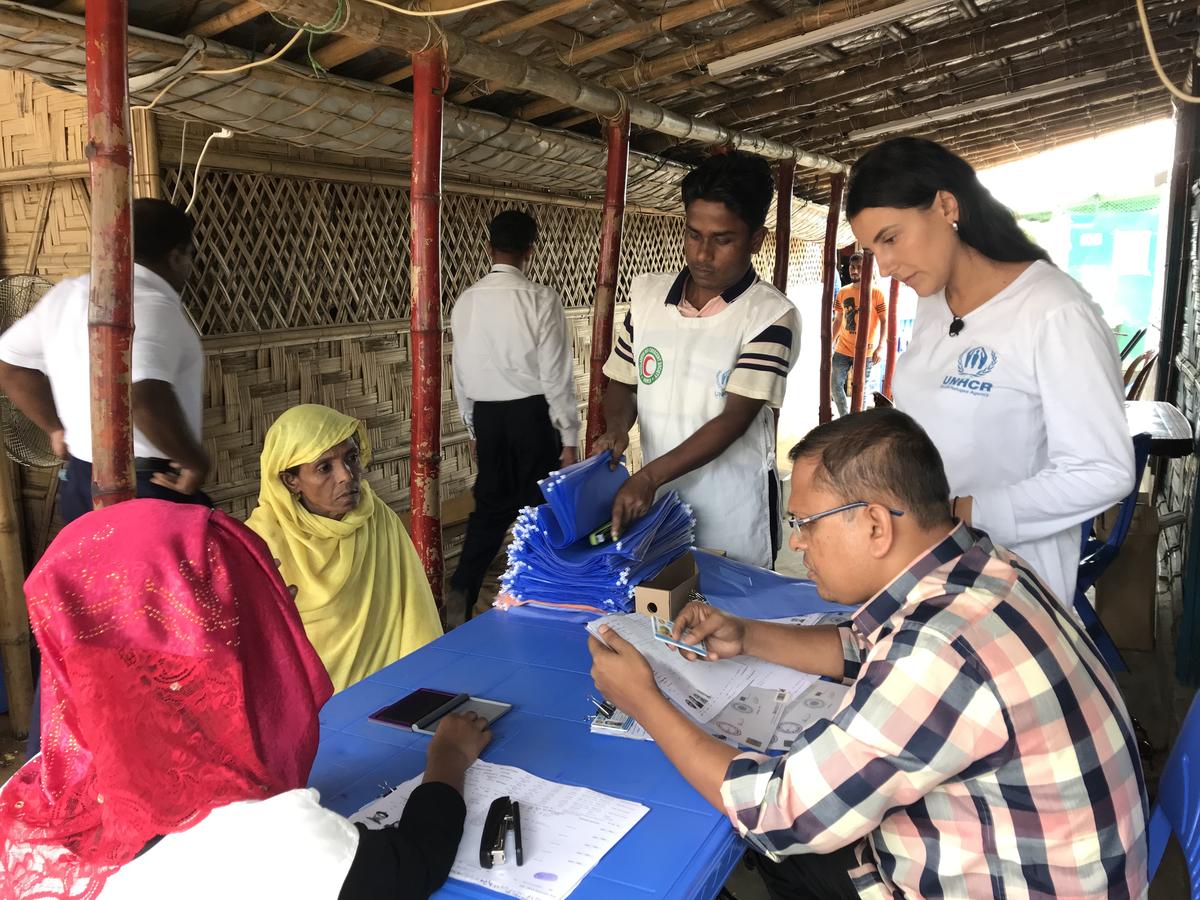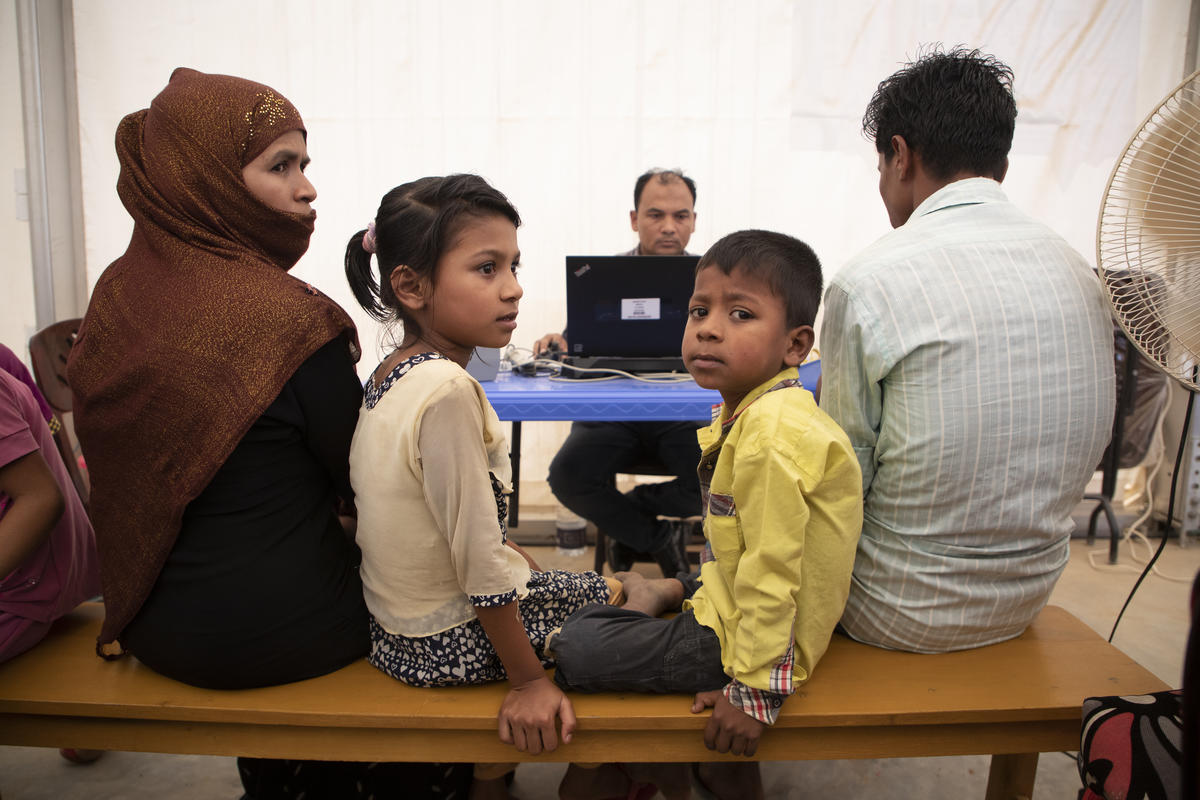Registration report offers insight into Afghans in Pakistan
Registration report offers insight into Afghans in Pakistan
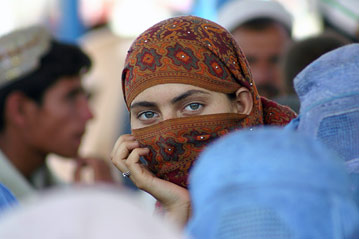
ISLAMABAD, Pakistan, May 3 (UNHCR) - The government of Pakistan and the UN refugee agency on Thursday launched a report on the registration of Afghan citizens in Pakistan, offering important baseline data and valuable insight into the demographic profile of this population.
The 200-page report is the result of a 15-week registration exercise conducted from October last year to February by Pakistan's National Database and Registration Authority under the auspices of the Ministry of States and Frontier Regions, the Commissionerate for Afghan Refugees and UNHCR. The US$6-million exercise was funded by Pakistan, the European Commission, the United States and the United Kingdom.
A total of 2.153 million Afghans were registered in the government-led exercise. All registered Afghans above the age of five received Proof of Registration cards recognizing them as Afghan citizens temporarily living in Pakistan. The cards are valid for three years, until December 2009.
Registration findings show that the large majority live in North-West Frontier Province (64 percent) and Balochistan (21 percent). Afghans constitute 6 percent of the population in North-West Frontier Province and 5.9 percent of Balochistan.
A total of 976,605 Afghans live in 86 camps across Pakistan; more than half (55 percent) of all registered Afghans live outside camps. Some 78 percent of the total number are women, children, youth and the elderly.
Registration results also reflect a very young Afghan population in Pakistan - 55 percent are below 18 years of age while 74 percent are aged under 28. This suggests that many of them were born and raised in Pakistan after the influx started in 1979, and have never lived in Afghanistan.
Most Afghans (71 percent) have no formal education and only 20 percent are active in the labour market. Of the latter group, nearly half (48 percent) are working as unskilled or daily wage labourers. A staggering 83 percent of working Afghans earn less than Pakistan's minimum wage level of 4,000 rupees (US$67) per month for unskilled workers.
Nearly 14 percent of registered Afghans said they had special needs, including the need for special legal and physical protection, female-headed households, important medical conditions and children or young people at risk.
Some 55 percent of Afghans originate from the provinces of Nangarhar (21 percent), Kabul (11.2 percent), Kunduz (9.7 percent), Logar and Paktya (6.6 percent each). Despite the challenges they face in Pakistan, the majority of registered Afghans (84 percent) said they have concerns about returning home in the near future. Security (41.6 percent) was their foremost concern, followed by shelter (30.7 percent) and livelihood opportunities (24.4 percent) in Afghanistan. Access to land or shelter remains a major obstacle to return, with 89 percent of Afghans indicating they do not own land in Afghanistan.
Of the 62,200 families that said they wished to return home, most were originally from Nangarhar, Laghman, Kabul, Baghlan, Kunduz and Logar.
"The registration report confirms what we know about Afghans living in Pakistan - who they are, where they live, where they're from, what they do for a living, what their needs are," noted UNHCR Representative in Pakistan Guenet Guebre-Christos.
"We will use the findings from registration to work closely with the governments of Pakistan and Afghanistan to develop arrangements to manage Afghans living in Pakistan and to facilitate solutions for them," she added.
By Vivian Tan in Islamabad, Pakistan

